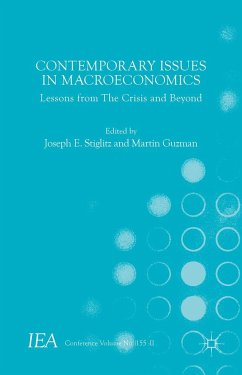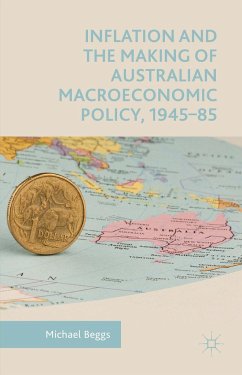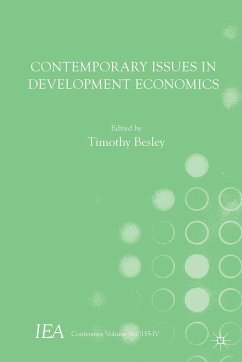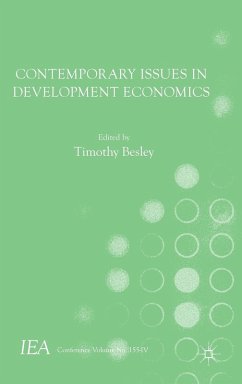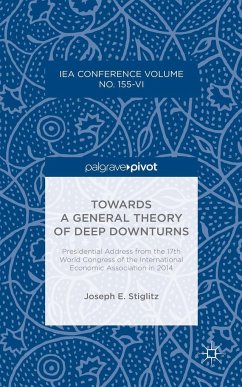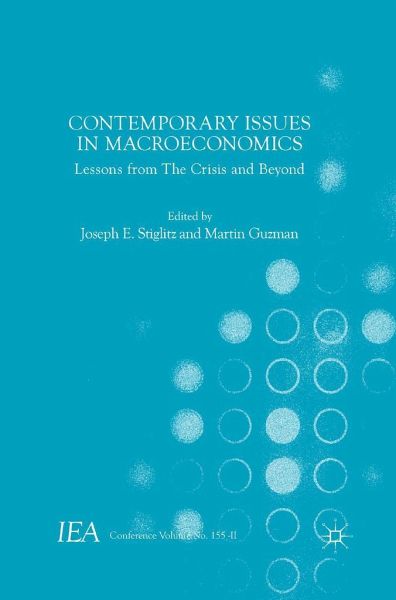
Contemporary Issues in Macroeconomics
Lessons from the Crisis and Beyond
Herausgegeben: Stiglitz, Joseph; Loparo, Kenneth A.
Versandkostenfrei!
Versandfertig in 6-10 Tagen
76,99 €
inkl. MwSt.

PAYBACK Punkte
38 °P sammeln!
In this edited collection, Joseph Stiglitz and Martin Guzman present a series of studies on contemporary macroeconomic issues. The book discusses a set of key lessons for macroeconomic theory following the recent global financial crisis and explores unconventional monetary policy in a post-crisis world.This volume is divided into five parts. The introduction includes keynote speeches by the Governors of the Bank of Japan and Central Bank of Jordan. Part one focuses on macroeconomic theory for understanding macroeconomic fluctuations and crises. Part two addresses the issue of the measurement o...
In this edited collection, Joseph Stiglitz and Martin Guzman present a series of studies on contemporary macroeconomic issues. The book discusses a set of key lessons for macroeconomic theory following the recent global financial crisis and explores unconventional monetary policy in a post-crisis world.
This volume is divided into five parts. The introduction includes keynote speeches by the Governors of the Bank of Japan and Central Bank of Jordan. Part one focuses on macroeconomic theory for understanding macroeconomic fluctuations and crises. Part two addresses the issue of the measurement of wealth. Part three discusses macroeconomic policies in times of crises. Finally, part four focuses on central banking and monetary policy.
This volume is divided into five parts. The introduction includes keynote speeches by the Governors of the Bank of Japan and Central Bank of Jordan. Part one focuses on macroeconomic theory for understanding macroeconomic fluctuations and crises. Part two addresses the issue of the measurement of wealth. Part three discusses macroeconomic policies in times of crises. Finally, part four focuses on central banking and monetary policy.





